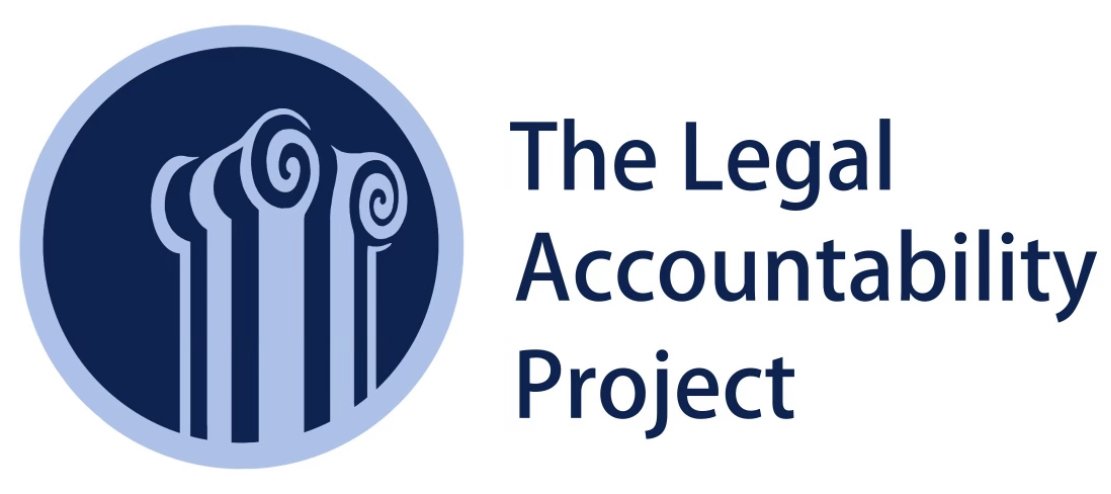Law School Programming
We launched LAP to correct gaps in law schools' clerkship messaging, advising, resource allocation, and programming. The rhetoric around clerkships was overwhelmingly positive, rather than balanced and realistic. LAP offers a nuanced perspective on clerking. Some of the best feedback LAP received from law schools is that we’ve changed the messaging and programming around clerkships on their campuses, and that we’ve meaningfully influenced clerkship advising. At many schools, it is no longer assumed that every alumni’s experience is positive. This shift is reflected in the speakers they invite to campus - including LAP.Soon after we launched, as part of LAP’s Fixing Our Clerkship System tour, LAP hosted programming with more than 20 law schools during the 2022-23 school year to discuss judicial accountability, clerkships, and our vision for improving the clerkship system. During the 2023-24 school year, we hit the road again, visiting schools we weren’t able to visit last year and returning to schools for diversity-focused Diversifying the Clerkship System programming. In Year One, LAP shared a theory of change - a Centralized Clerkships Database we were building - an innovative legal technology solution to a social problem. In Year Two, we demoed the completed Clerkships Database at dozens of law schools as we encourage student advocacy around this initiative and urged law schools to participate. LAP will be back on the road in Year Three during the 2024-2025 School Year to share our transparency, equity, and accountability work with even more law students and law schools.
Aliza Shatzman spoke with students at Harvard Law School at an event co-sponsored by the Harvard Journal on Legislation and Women’s Law Association in October 2022.
At LAP events, Aliza typically shares her personal experience, in order to foster honest dialogue about the full range of clerkship experiences. Aliza’s experience, while not rare, is one that is rarely shared publicly, due to a culture of silence surrounding the judiciary. LAP aims to empower law students to demand safer workplaces, as well as increased transparency and equity in the clerkship application process. LAP also aims to inspire current and former clerks to speak openly and honestly about their own experiences. LAP’s programming discusses solutions - legislative, advocacy, and law school-focused - to address both the lack of diversity in the clerkship applicant pool and the lack of accountability for judges who mistreat their clerks.
Law schools interested in hosting LAP for programming should contact us via email.


